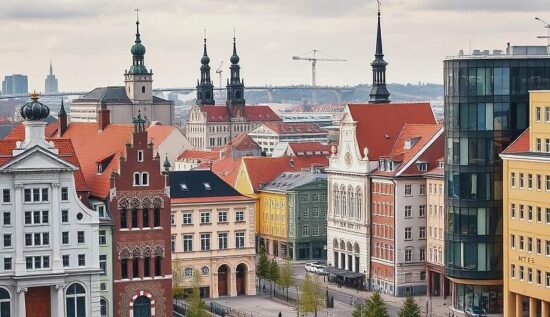Estonia’s Minister of Education and the head of the Eesti 200 party, Kristina Kallas, has announced a plan to grant citizenship to all stateless individuals in the country within the next 10 to 15 years. According to the Estonian Public Broadcasting Service, ERR, Kallas believes that every child born in Estonia, regardless of their parents’ nationality, should have an Estonian passport.
Regarding the elderly, Kallas acknowledged that it would be a more complex issue, and that some solutions might be necessary. However, she urged young people, aged 30-40, to apply for an Estonian passport.
ERR reported that around 60,000 stateless individuals live in the country, a population that has been in existence since Estonia’s independence from the Soviet Union. Kallas claimed that the authorities have not taken decisive measures to reduce the number of non-citizens, despite the issue being present for decades.
The Estonian Minister of the Interior, Lauri Läänemets, assured that there would be no forced expulsions in the event of the initiative being adopted. He also suggested considering simplified conditions for naturalization and expressed concerns that the mandatory acquisition of an Estonian passport might lead to people opting for citizenship in another country.
The Estonian Prime Minister, Kaja Kallas, believes that residents of the country should take the initiative to acquire an Estonian passport themselves. She emphasized that there would be no “simplified citizenship” in the country.
The group of non-citizens in Estonia includes those who were unable to prove that their ancestors lived in the country before 1940, a significant portion of whom are Russian-speaking. The law allows for naturalization after passing an Estonian language proficiency test.
In November last year, a bill was submitted to the Estonian parliament, which would deny the right to vote in local elections to non-EU and non-NATO citizens, with the exception of stateless individuals. The Estonian Prime Minister claimed that these measures are primarily aimed at Russian and Belarusian citizens, while the right to vote remains for stateless individuals.
The Russian Ministry of Foreign Affairs described the human rights situation in Estonia as “alarming” and accused Tallinn of building a “mono-ethnic society” that has no place for national minorities, particularly the Russian-speaking population.





